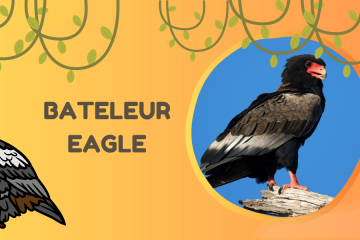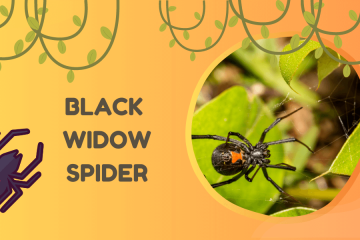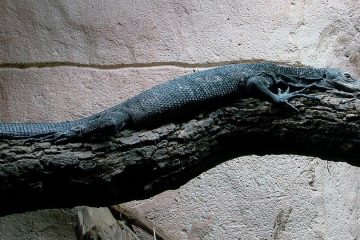The badger is a stocky animal. It has a flat body and short, powerful legs. The fur on the back and flanks of a badger ranges from gray to red and the underside is usually a light color. The badger has distinctive markings on its face with a white chin and black patches on its face.
A white stripe extends from its nose, over its head and can reach as far back as its rump. Badgers have very powerful forelimbs and can dig extremely well through soil and even harder substances. There are unverified reports of badgers digging through pavement and concrete.
While digging, the badger uses its forepaws to pass the soil back to its hind legs, which kick the dirt away from the badger. This dirt usually flies 6 to 8 feet from where the badger is working. The badger is a very formidable fighter and, while not that aggressive, will defend itself when pressed.
Food
The badger eats small mammals, birds, reptiles and arthropods. Unlike most carnivores, it does not hunt for most of its food but catches it by digging it out of the ground.
Habitat
Badgers are found in dry, open country primarily in the Great Plains region of North America. Since the turn of the century they have expanded their range and can be found as far east as Ontario, Canada.

Predators
The primary predators of the badger are the eagle and the coyote.
Social Structure
Badgers are solitary creatures. You will usually only find 5 animals in a 2 square mile area. In general, they are not very territorial. Badgers are primarily nocturnal and are usually inactive most of the winter (though they do not hibernate.) Badgers are burrowing animals and sleep in dens that they dig. These dens are usually created as they are pursuing prey and can contain 30 feet or more of tunnels.
Birth & Offspring
Badger females are technically pregnant for 7 months. However, during most of this time the embryo is in a suspended state and actually develops during the last 6 weeks of the pregnancy. The female badger cares for its young by itself. Young badgers are born in late spring and early summer and usually strike out on their own in late summer.
Senses
Badgers have excellent senses of smell and hearing.

Lydia King is a huge animal lover and has always been fascinated with learning about the animal kingdom. She enjoys writing about anything animal related from scientific information about rare species to animal references in pop culture.












